9 foods should not be stored in the refrigerator
Refrigerators are a household appliance that many families now have. However, not all foods that are refrigerated are good because under the influence of very low temperatures and differences in the nature of each food they will have certain changes, not at all. health benefits if left in the refrigerator for a long time.
Here are the top 9 foods that you should not store in the refrigerator.
1. Tomato
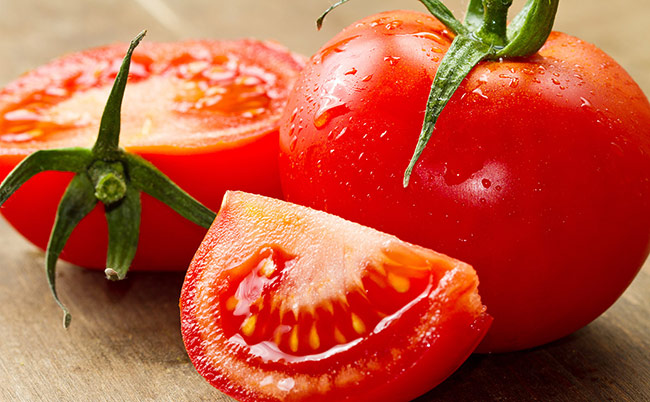
The biggest problem when storing tomatoes in the refrigerator is that low temperatures will destroy the structure of tomatoes and make them more dough. Have you ever eaten a salad that has ripe tomatoes and especially ice crystals in it? If so, it is likely that the tomatoes were preserved in the refrigerator for a relatively long time.
2. Onion bulbs
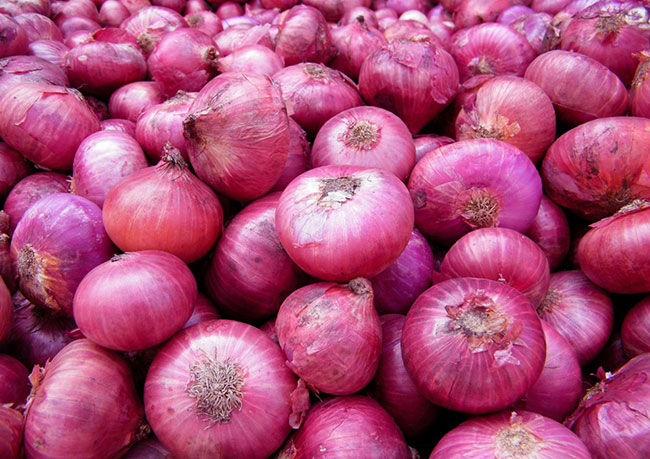
Just like tomatoes, onions also tend to become sticky and moldy when left in the refrigerator for too long. If the onions have been cut, their layers start to dry even though you have carefully wrapped them. Onions also make a smell on the food around it, which is why so many wooden cutting boards make everything smelling onions after they have been used to march.
3. Bananas
Cold temperatures will slow down the ripening process of bananas. So keeping bananas in the refrigerator will keep green bananas for a long time. However, not ideal with ripe bananas.
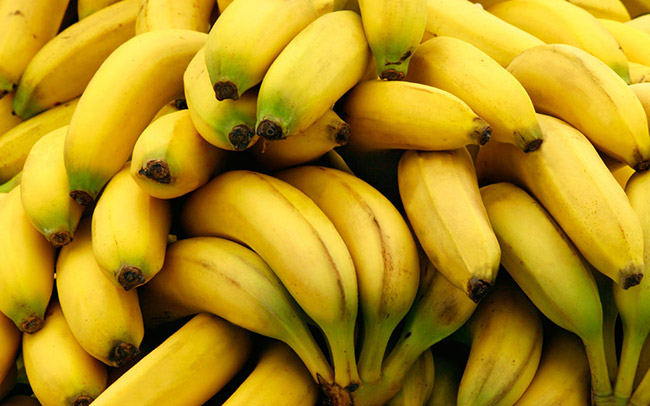
The best way to preserve ripe bananas is to keep them in the room (room temperature) and away from other foods.
4. Fresh herbs
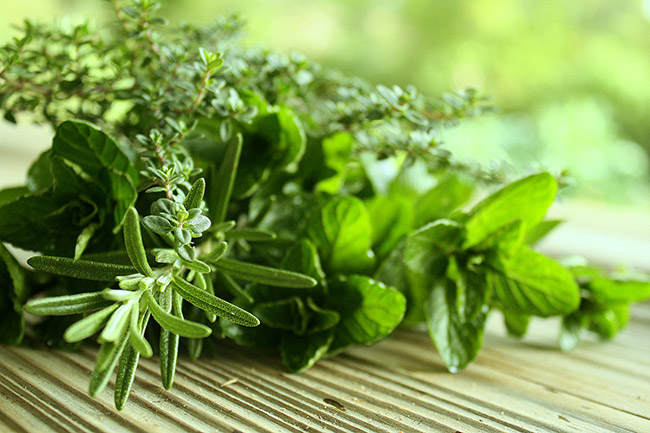
Unless you wrap it up tightly or put it in an airtight container, you should not put herbs in the refrigerator. Just like coffee, fresh herbs will absorb the odors around them, making the food to next to them not be able to return to the original flavor. Besides, they also lose their taste and dry quickly in the refrigerator, so unless you wrap them up or keep them outside, leave them open and away from strong odors.
5. Potatoes
When the temperature falls below 7 degrees Celsius, the starch in the potato will be broken and transformed into sugar.
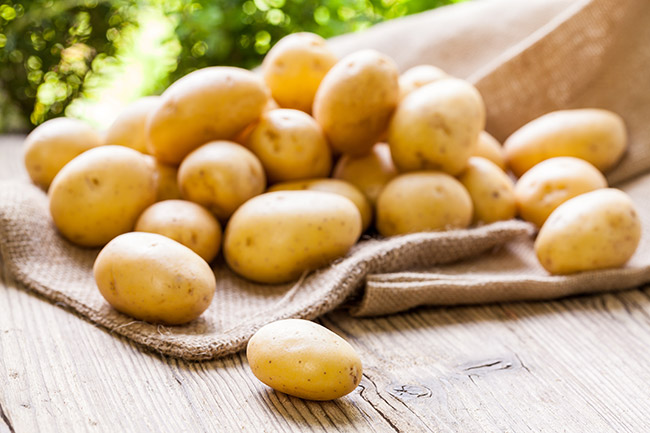
This means you will not get any nutrients from potatoes, but the more you eat, the higher your risk of hyperglycemia.
This phenomenon occurs with both cooked and raw potatoes, so you should still store them at room temperature, where dryness is good.
6. Garlic
Garlic is a food that cannot withstand cold temperatures. Even if you put garlic in a cool compartment, it quickly gets moldy and more broken to stay outside.
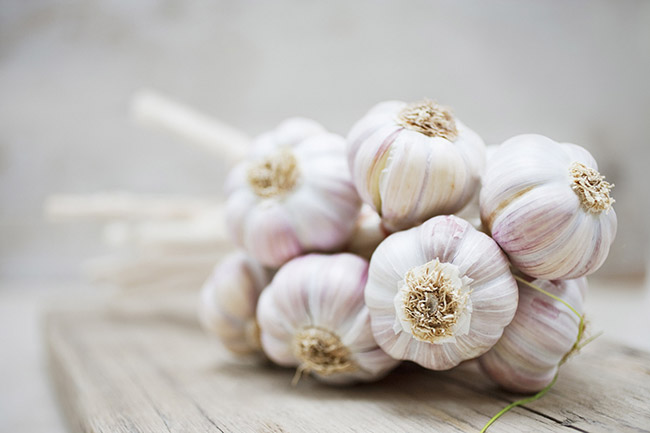
It is difficult to detect this problem when you only look outside, so the ability to eat mold is very high.
Garlic in particular and spices in general such as chili, ginger, red onion . should be stored in a cool place, avoid refrigerators.
7. Watermelon and melon
We often have the habit of chilling watermelon in a cupboard and then taking it out to cool it in the summer. But the melons are less "hot" than any other fruit.
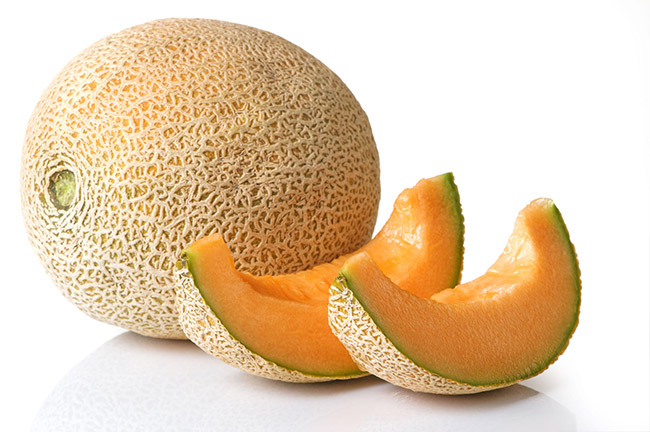
When left in the refrigerator for a long time, the melon will lose its antioxidant benefits, reducing nutritional value.
So, you should cut the melon and eat it. If you want to eat cold melon, put the whole fruit in the cupboard for about 10 minutes before cutting it out.
8. Honey
At low temperatures, sugar in honey will thicken, both affecting the flavor, texture and nutritional value of honey.

The food itself has very good antibacterial properties, so you can safely store honey outside. However, it should not be in a place where there is sunshine.
9. Bread
Bread is hard to dry when put in the refrigerator. In addition, it is also an easy-to-infectious food, in the condition of a refrigerator for all kinds of food, it is not easy to clean up for a long time . bread will be easy to get moldy.
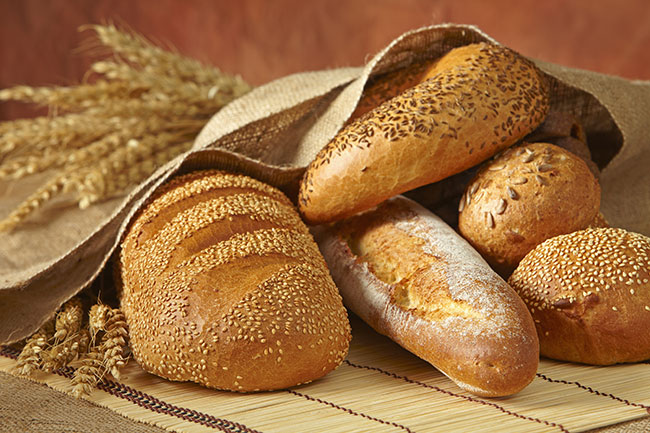
Therefore, you should store bread at room temperature and use within 4 days to the maximum. There is only one type of bread that you should store in a refrigerator, but remember to wrap it carefully so that it absorbs all the odors in the refrigerator to reduce the deliciousness.
You need to understand that when you put food in the refrigerator, the bacteria still multiply and the food is still decomposed, but the process is only slow and more unrecognizable. Therefore, it is safe for those "low-temperature" foods to not be refrigerated.